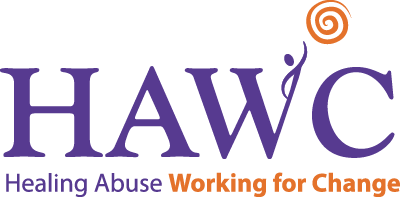Raising teenagers can be a challenging task, especially given the prevalence of social media and easy access to technology. Teenagers are forming their thoughts and feelings about relationships and healthy behaviors during this time of development. February is Teen Dating Violence Awareness Month. If you are a parent of a pre-teen or teenager, there are ways that you can support your child in forming a strong understanding of what constitutes a healthy versus unhealthy relationship.
According to loveisrespect.org, studies show that one in three high school students experience physical and/or sexual violence by someone they are dating, and it is important to remember that tactics of abuse are not limited to physical violence. Just like adults, teens may face verbal, emotional, and financial abuse. And perhaps more than any other demographic, teens are at risk of experiencing digital abuse, or a partner using technology, such as a cell phone, to control a partner’s behavior. It’s important to remember that abuse can occur in all types of relationships, regardless of the sexual orientation or gender identity of either party involved.
Talk to your children about positive relationships and healthy behavior early and often. Although few parents will claim it is their favorite topic, ideally you will start this conversation long before they begin to date. One way to approach these early conversations is to teach young children about the boundaries and communication necessary for healthy friendships with their peers.
By creating an open, two-way dialogue about how all people deserve to be treated, their autonomy over their own bodies and what constitutes a healthy relationship, you will have established a sense of safety that will hopefully encourage your child to come to you with any concerns they may have later.
When having this initial conversation with your child, some points you may want to focus on are:
- A healthy relationship is based on honest communication, trust, safety and respect.
- No matter how small the step might seem, from holding hands to exploring sexuality, consent is required from both parties at all times to ensure everyone feels comfortable.
- Boundaries are key. Partners should communicate often about their expectations, needs, concerns and limitations to ensure a positive relationship.
- A relationship should be built on trust and equality. When it feels like one partner tries to control the other, this is often a red flag that the relationship has taken an unhealthy turn.
Check out Loveisrespect.org for tips and information for both you as the parent and your child to utilize when having these critical conversations.
Additionally, make sure you take the time to get to know your child’s friends and partners. Research shows that parental approval and family time are major influencers in development, even when your child is starting to learn to navigate more independently.
If you suspect your child may be in a relationship that is unhealthy, let your child know you are there to support them, and give them time to come to you. If you try to address behavior within their relationship that concerns you, focus on the behavior and not their partner. Avoid ultimatums, and decide next steps together. Teens are much more likely to ask for help when they feel heard, supported, and not judged.
For a wealth of additional resources, visit loveisrespect.org. If you have concerns, you can always call our 24-hour hotline at 1.800.547.1649 to speak to an advocate.*
*Please note: HAWC advocates cannot work with children under 18 directly without signed parental consent.


